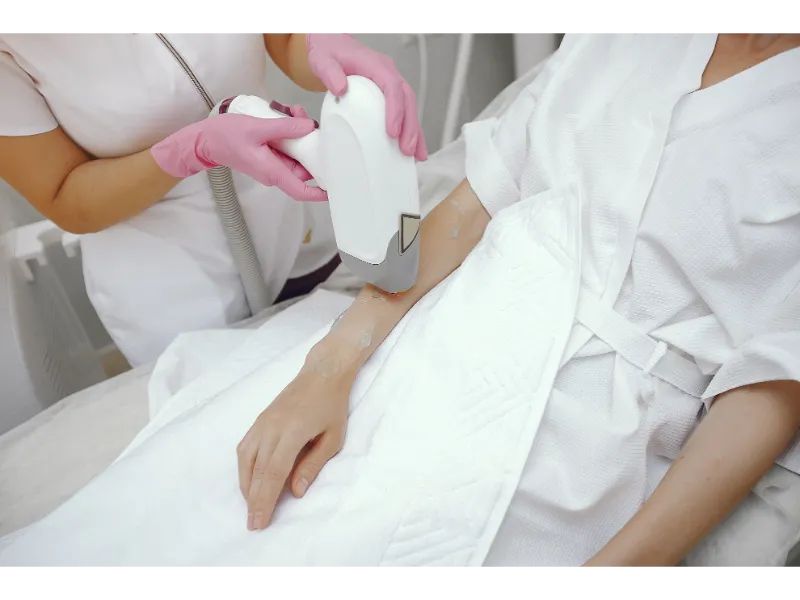Is Lap Band Surgery Appropriate for Obese Teenagers?
Is Lap Band Surgery Appropriate for Obese Teenagers?
With the obesity rate among teenage Americans now standing at epidemic proportions, bariatric surgery has become a viable option for overweight youths. And though the procedures done on young people are fewer than those done on adults, the fact remains that teens are seeking surgical solutions to their weight problems.
Of course, the traditional approach to dealing with excessive weight gain in teenagers involves a strict regimen of diet and exercise, as well as behavior modification therapy to help them understand why they eat. Many teenagers who have followed such programs have reported good results, but statistics show their success is frequently temporary and they grow up into obese adults. To prevent this from happening, some surgeons now believe weight loss surgery is the best answer for teenagers.
For years, the solution was one of the various types of gastric bypass surgery, such as the Roux-en-Y. As with all types of surgery, there are very serious risks associated with this type of surgery, even for the most experienced surgeons. Many obese adults have waived the dangers of bariatric surgery, believing their weight problem would eventually cause fatal health problems anyway. But when considering teenagers for the procedure, many surgeons have said that when the young people have no other health problems, the risk of a fatal outcome was too high.
Now that the minimally invasive Lap Band procedure is available, more and more surgeons are changing their outlook on bariatric surgery for teens, and the rate of the surgeries among young people is on the rise. Still, the question remains: Is gastric band surgery truly the best choice for young adults?
It’s difficult to answer that question, since there aren’t yet sufficient statistics on the success rate of laparoscopic adjustable gastric band surgery for adolescents. But the statistics that are available look promising.
The New York University School of Medicine recently conducted a study on the issue, using 153 adolescents (12 boys and 41 girls) between the ages of 13 and 17 who had undergone laparoscopic adjustable gastric band surgery. The results were impressive, according to the data.
Each of the teenagers who participated in the study weighed close to 300 pounds prior to their surgery, and had an average body mass index of 47. When checked 18 months after their surgery, they had lost 50% of their excess fat, and no complications were reported
The teenagers, who on average weighed just under 300 pounds before surgery and had an average body mass index (BMI) of 47, had lost some 50% of their excess weight eighteen months after surgery. In addition, all came through the surgery without any serious complications, and only five of the subjects reported minor complications, which were treated immediately without requiring any hospitalization.
And while the long-term outlook for these young people is impossible to predict now, the early results were positive and encouraging.
Nevertheless, doctors still worry about using bariatric surgery as a general fix for adolescent obesity, saying that the long-term success will depend on the patients’ ability to change their lifestyle and eating habits permanently. Many physicians question whether adolescents will be able to handle this challenge.








